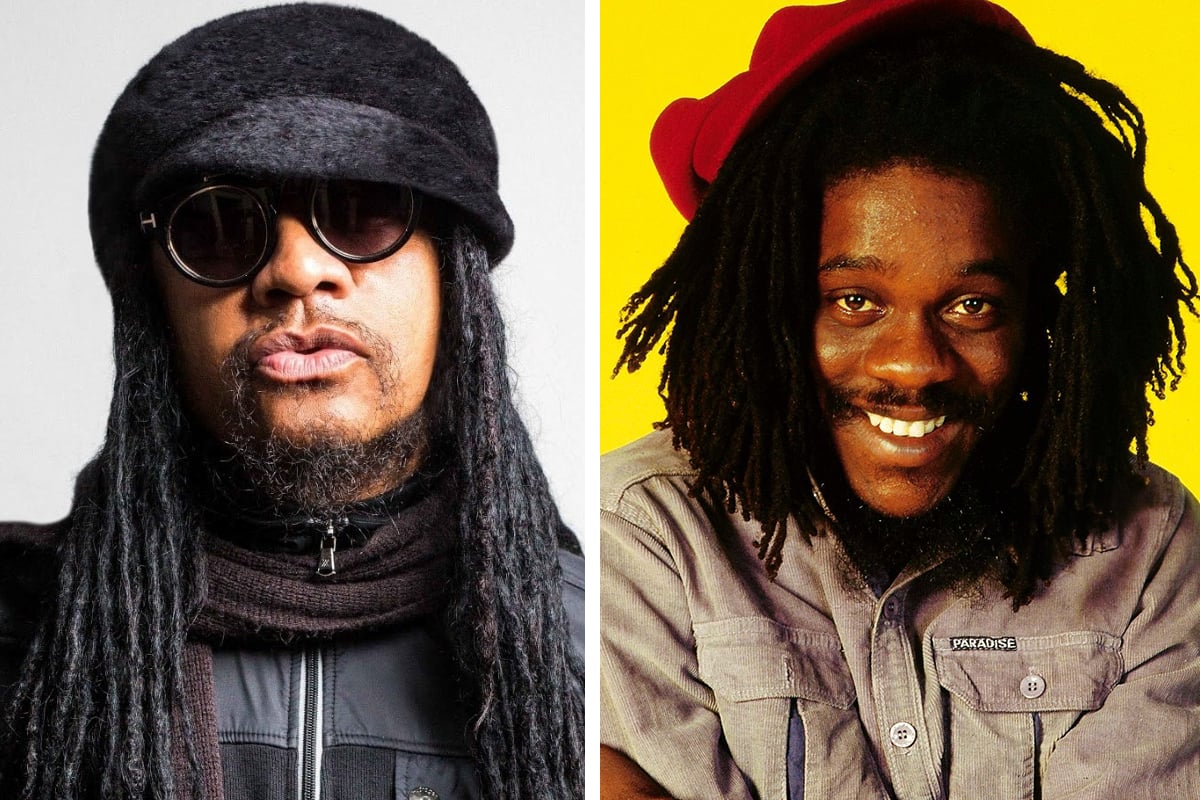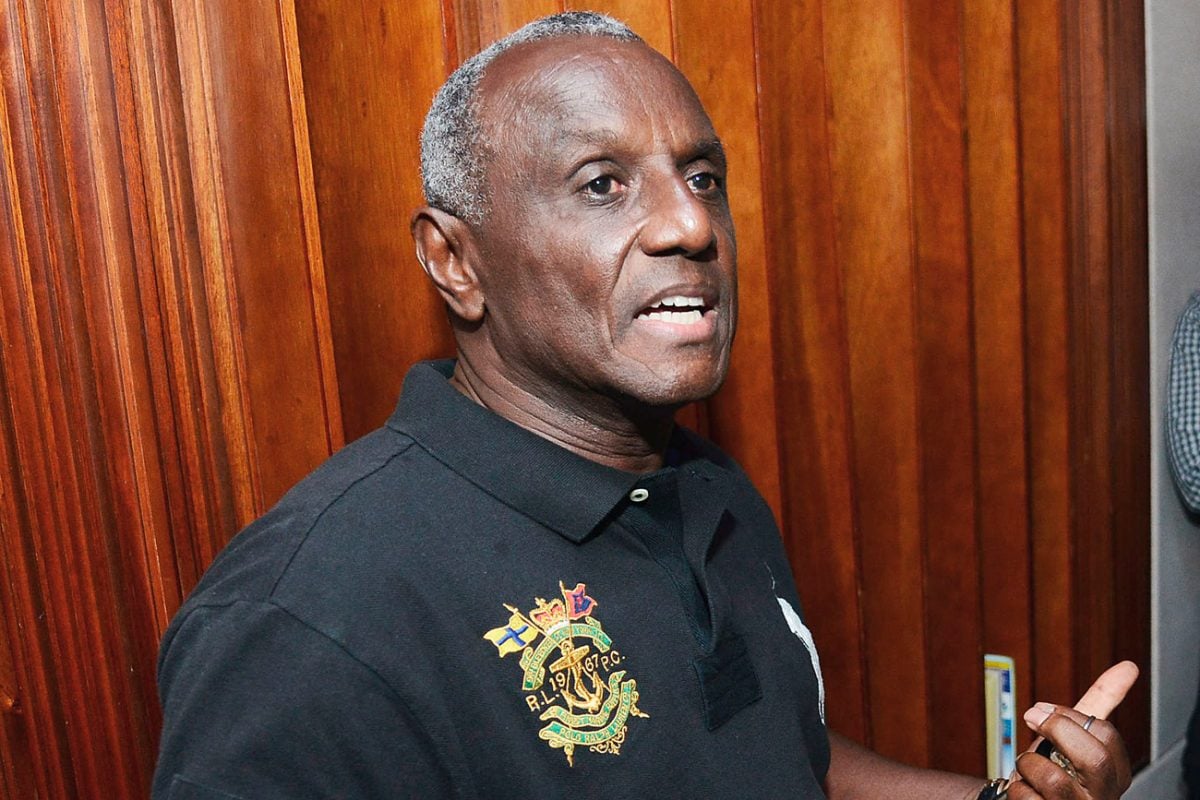The Max Priest Hit Song Originally Intended For Dennis Brown

The Billboard Hot 100 Reggae hit Just a Little Bit Longer was initially recorded by Dennis Brown and was already mixed and mastered when producer Gussie Clarke took the executive decision to withdraw the Crown Prince of Reggae’s version and give the song to Maxi Priest.
Clarke revealed that he shelved Brown’s version during a recent interview with Teach Dem, as he sought to advise music producers not to resile from making executive decisions that they know are in the best interests of the songs they produce.
“A point that all record producers who a watch need fi know: when you doing your project, no make no artiste tell you weh yuh caan do. If you believe that this song is not the right song for this project or this artiste – not because him love it – you must do what is best fi di song,” the Telephone Love producer began.
“I give you a good example: Just A Little Bit Longer [by] Maxi Priest, was written fi Dennis Brown. Mix and mastered and everything, fi Dennis Brown. Wi have it still. We were doing well, and Maxi Priest manager call een… right, and like I just hear Maxi Priest… Maxi Priest voice the song and the rest his history. I made the right decision. We have done it multiple times, you understand, so you haffi know what is your responsibility. At the end of the day know, is where the money going matter to all parties concerned,” Clarke stated.
The lead track from Maxi Priest’s Bonafide album, Just A Little Bit Longer, was written by legendary producer and songwriter Handel Tucker. The song peaked at No. 62 on both the Billboard Hot 100 and UK Singles charts. The Bonafide album, which peaked at No. 47 on the Billboard 200, went on to be certified Gold by the RIAA on January 30, 1991.
Bonafide was the Britist-Jamaican singer’s fourth studio album and was released in 1990 by Charisma Records. The album’s biggest hit was Close to You, which peaked at No. 1 on the Billboard chart. The other songs on the 13-track album were Never Did Say Goodbye, Best of Me, Space in My Heart, Human Work of Art, Temptress, Peace Throughout the World, You, Sure Fire Love, Life and Prayer For The World.
In the past, Maxi who has described himself as a big fan of Dennis Brown, had venerated the singer as an inspiration to him. In January this year, Priest said that during his teenage years, Dennis had advised him to create his own style and “sing fi di girls dem”.
Priest collaborated with Brown and Shabba Ranks in 1991 on a remake of Little Willie John’s 1956 hit Fever. He also recorded a cover of Brown’s version of The Heptones’ Love Me Always in 2017.
Dennis Brown was born in Kingston in 1957 and grew up near Orange Street, where many of the recording studios of the day were located.
According to the National Library of Jamaica, Dennis, who was “blessed with a superb voice,” found himself immersed in the music scene and began performing with Byron Lee and the Dragonnaires at age nine.
Brown, who was hailed by Bob Marley as a personal favourite, scored his first hit at 11 with a cover of The Impressions’ No Man Is An Island. In 1970, at age 13, he released his first album, No Man Is An Island, under Coxsone Dodd’s Studio One label.
During his career, Brown worked with a long list of record producers in Jamaica, including Derrick Harriot and Joe Gibbs. However, according to the NLJ, “it was with Niney The Observer that he received international recognition with the release of several classic songs, among them, Westbound Train, Cassandra and Africa and his iconic signature tune, Here I Come.
After parting ways with Niney, 1977 to 1983, Dennis had worked almost exclusively with Joe Gibbs, where he recorded albums such as Visions, Words of Wisdom, Joseph’s Coat of Many Colours and Money in My Pocket. In 1983, Brown landed a record deal with the American label A & M Records, releasing three albums: Foul Play, Love Has Found Its Way and The Prophet Rides Again.
Throughout the 1980s, Dennis’s popularity soared as his talent gained recognition. His Jamaican compatriots also hailed him as the ‘Crown Prince of Reggae’.
The singer’s recording journey and popularity carried on into the 1990s, unaffected by the rise of Dancehall. However, on July 1, 1999, Brown passed away at age 42 at the University Hospital of the West Indies in Jamaica due to respiratory failure.

